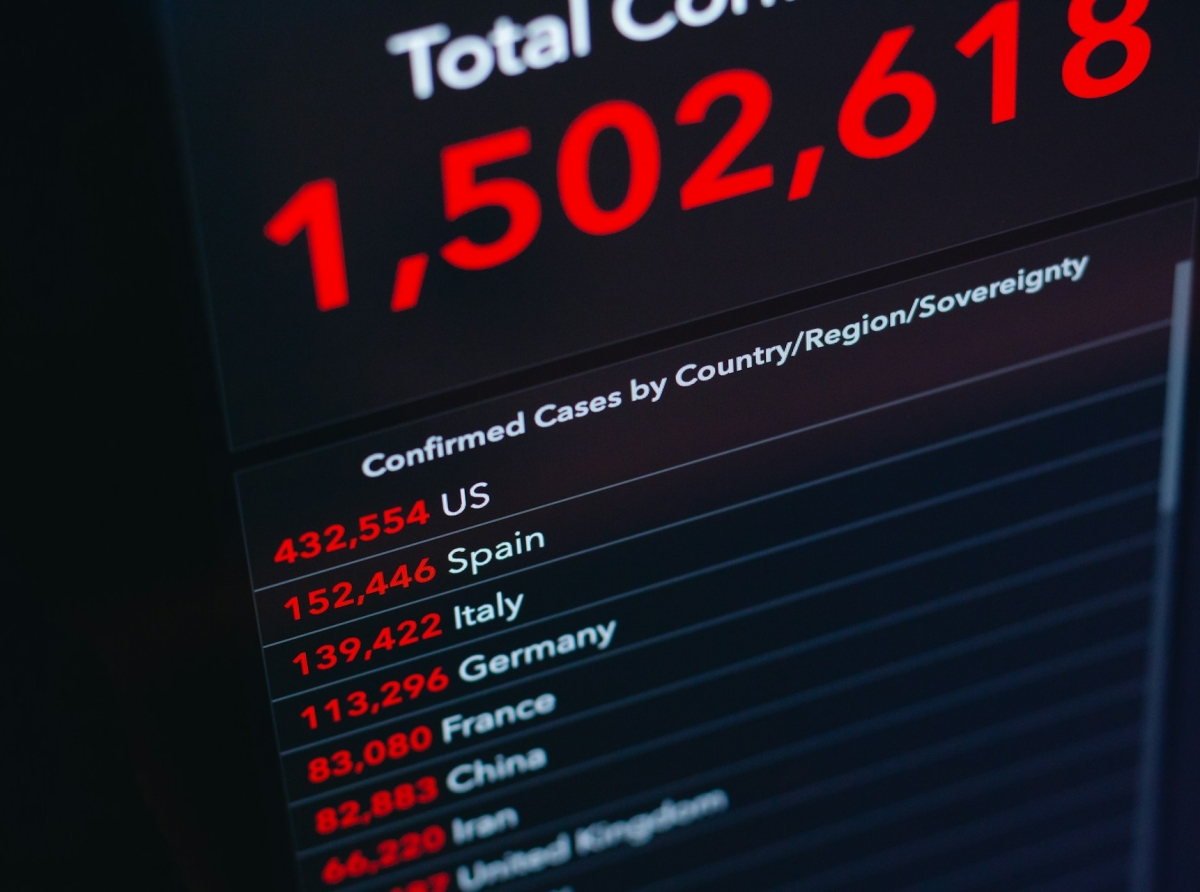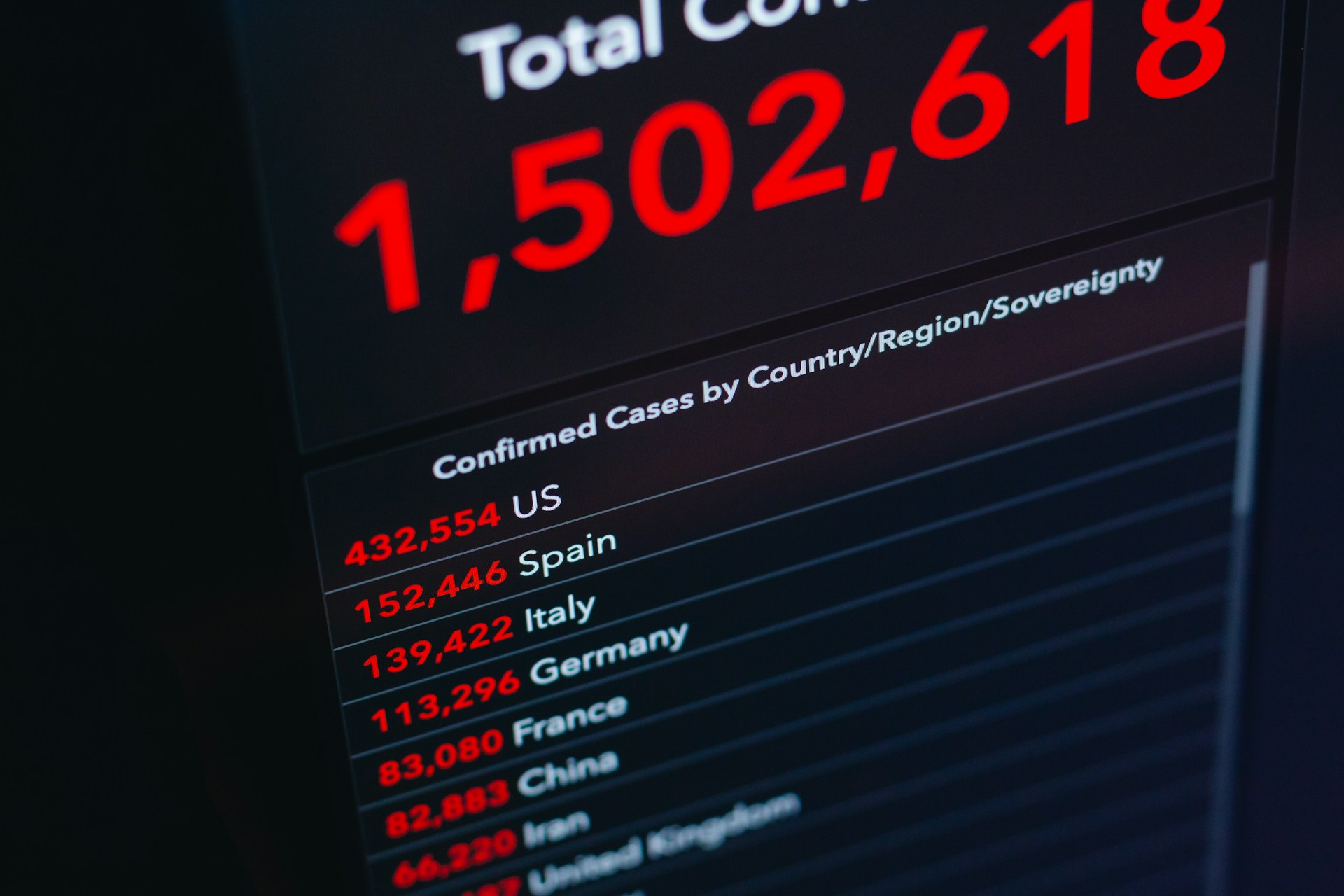Economic Crisis and Forex: How Should Traders Respond?

Economic Crisis and Forex: How Should Traders Respond?
The global economy is no stranger to crises, whether they stem from financial meltdowns, geopolitical tensions, pandemics, or inflationary pressures. These periods of economic turmoil often create uncertainty and volatility across financial markets, including the foreign exchange (Forex) market. For traders, an economic crisis presents both opportunities and challenges. While heightened volatility can lead to significant profits, it also increases risks, making disciplined decision-making more critical than ever.
In this article, we will explore how economic crises impact the Forex market, examine strategies for navigating turbulent times, and provide actionable advice for traders to adapt and thrive during periods of economic instability.
In this article, we will explore how economic crises impact the Forex market, examine strategies for navigating turbulent times, and provide actionable advice for traders to adapt and thrive during periods of economic instability.

Economic Crisis and Forex: How Should Traders Respond?
Understanding the Impact of Economic Crises on Forex
An economic crisis refers to a period of severe disruption in the economy, characterized by factors such as recession, rising unemployment, declining GDP, currency devaluations, and widespread financial distress. During these times, the Forex market experiences notable changes:1. Increased Volatility
One of the most immediate effects of an economic crisis is heightened volatility in currency pairs. Uncertainty about future economic conditions, central bank policies, and geopolitical developments leads to sharp price swings. For example, during the 2008 financial crisis, major currencies like the USD and EUR experienced wild fluctuations as investors sought safe-haven assets.
2. Safe-Haven Demand
In times of crisis, investors flock to "safe-haven" currencies such as the US dollar (USD), Swiss franc (CHF), and Japanese yen (JPY). These currencies are perceived as stable stores of value during periods of uncertainty. Conversely, emerging market currencies often weaken due to capital outflows and reduced investor confidence.
3. Central Bank Interventions
Central banks play a crucial role during economic crises by implementing monetary policies to stabilize economies. Measures such as interest rate cuts, quantitative easing, or currency interventions directly influence Forex markets. For instance, lower interest rates typically weaken a currency, while rate hikes may strengthen it.
4. Shifts in Risk Appetite
Risk sentiment shifts dramatically during crises. In risk-off environments, traders avoid high-yield but volatile currencies (e.g., AUD, NZD) and move toward safer options. In contrast, when optimism returns, higher-yielding currencies regain favor.
Strategies for Navigating Economic Crises in Forex
To succeed in Forex trading during an economic crisis, traders must adopt a disciplined approach that balances risk management with adaptability. Below are some effective strategies:1. Focus on Risk Management
Risk management becomes even more critical during volatile periods. Follow these principles:
Limit Risk Per Trade: Never risk more than 1-2% of your account balance on a single trade.
Use Stop-Loss Orders: Protect your capital by setting stop-loss levels to limit potential losses.
Adjust Position Sizes: Reduce position sizes during high-volatility periods to account for increased uncertainty.
2. Monitor Economic Indicators
Stay updated on key economic indicators and announcements, such as:
Gross Domestic Product (GDP)
Unemployment rates
Consumer Price Index (CPI) and inflation data
Central bank interest rate decisions
Geopolitical developments
These factors provide valuable insights into currency movements and help you anticipate market trends.
3. Leverage Safe-Haven Currencies
During crises, consider focusing on safe-haven currencies like the USD, CHF, and JPY. Pairs involving these currencies often exhibit stronger trends and clearer patterns compared to others.
4. Diversify Your Portfolio
Avoid concentrating all your trades in one currency pair or region. Diversifying across multiple pairs reduces exposure to localized risks and enhances stability in your portfolio.
5. Combine Technical and Fundamental Analysis
While technical analysis remains useful, combining it with fundamental analysis provides a more comprehensive view of the market. Use technical tools to identify entry and exit points, but validate them with fundamental drivers such as economic reports and central bank statements.
6. Stay Flexible and Adaptable
Markets evolve rapidly during crises. Be prepared to adjust your strategy based on changing conditions. For example, if a currency pair exhibits unusually wide spreads, consider switching to more liquid alternatives.
Opportunities Created by Economic Crises
Despite the challenges, economic crises offer unique opportunities for skilled traders:1. Enhanced Volatility
Higher volatility translates to larger price movements, providing ample opportunities for profit. Scalpers and day traders, in particular, can capitalize on short-term fluctuations.
2. Trend-Following Opportunities
Crises often create strong directional trends as investors rush to buy safe-haven assets or sell risky ones. Identifying and following these trends can yield substantial gains.
3. Arbitrage Possibilities
Temporary pricing inefficiencies may arise during crises, creating arbitrage opportunities for astute traders who can exploit discrepancies between markets.
4. Learning and Growth
Navigating a crisis successfully builds resilience and improves your trading skills. It forces you to refine your strategies, enhance risk management, and develop a deeper understanding of market dynamics.
Key Lessons for Traders During Economic Crises
To emerge stronger from an economic crisis, keep these lessons in mind:1. Stay Calm and Disciplined
Emotions are your worst enemy during turbulent times. Stick to your trading plan, avoid impulsive decisions, and maintain a long-term perspective.
2. Prioritize Education
Continuous learning is essential for adapting to new market conditions. Study past crises, analyze their impact on Forex, and incorporate those insights into your strategy.
3. Build a Cash Reserve
Having a cash reserve allows you to take advantage of opportunities that arise during downturns without jeopardizing your financial security.
4. Avoid Overleveraging
Leverage amplifies both gains and losses. During crises, excessive leverage can wipe out your account quickly. Use leverage cautiously and only when necessary.
Conclusion: Thriving Amid Uncertainty
Economic crises are inevitable, but they don’t have to spell disaster for Forex traders. By adopting a disciplined approach, staying informed, and leveraging the unique opportunities presented by volatile markets, traders can not only survive but thrive during these challenging times.Remember, the key to success lies in preparation and adaptability. Develop a robust trading plan, prioritize risk management, and remain flexible in response to changing market conditions. With the right mindset and strategies, you can turn economic uncertainty into a stepping stone for growth and profitability in the Forex market.
#ForexTrading #EconomicCrisis #MarketStrategy









Report
My comments